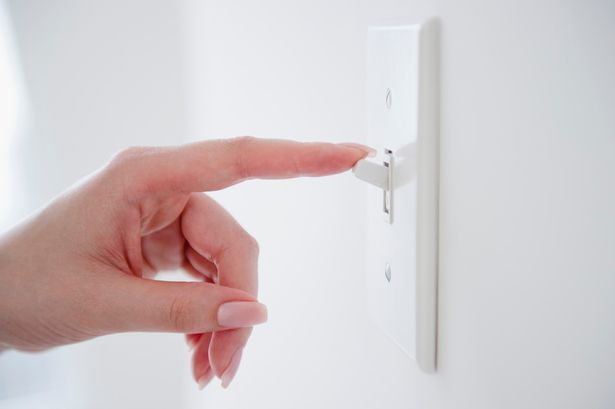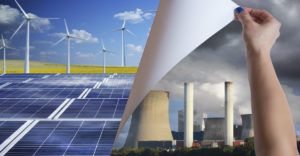
Page Contents
Advertiser Disclosure: At ElectricityRates.com, our number one goal is to help you make better energy decisions. We adhere to strict editorial guidelines, however this post may include references to products offered from our partners.
Energy-efficiency is a term that gets tossed around a lot these days. Whether we want to save money on our electricity bill or help prevent global warming, we know being energy-efficient is becoming increasingly more important. But, did you know it can also save lives?
Researchers at UW-Madison performed a study that tabulates both lives saved and cost benefits to consumers of improved health outcomes due to reduced energy consumption. The study, led by postdoctoral researcher David Abel, was recently published in Environmental Science & Technology.
"By saving electricity, we can also save lives," says Abel, of the Center for Sustainability and the Global Environment in UW-Madison's Nelson Institute for Environmental Studies. "There is a range of health benefits. It's a bonus. We find there are extra health reasons to turn off a light."
Abel and his colleagues, including senior author Tracey Holloway, also of the Nelson Institute, deployed a suite of three widely used models to calculate power plant emissions, air quality and human mortality over a span of three summer months when energy use is high. Their findings show that a 12 percent increase in summertime energy efficiency would reduce exposure to air pollution, specifically ozone and fine particulate matter. In short, cleaner air would save 475 human lives each year in the United States, worth an estimated $4 billion.
That savings translates to almost 5 cents per kilowatt hour of energy used. That is a huge incentive, the Wisconsin team notes, given that electricity costs about 10 cents per kilowatt hour on average.
“We’re trying to clarify how changes in energy systems have benefits for public health,” explains Holloway, who is also a UW-Madison professor of atmospheric and oceanic sciences. “For the most part, the energy community is not focused on the human health effects of air pollution.”
By showing the savings and how to accurately gauge the value of lives saved and associated reduced health care costs, the UW team hopes to provide policymakers and the energy industry with a road map for assessing the human health benefits of reducing energy use. Ideally, putting a price tag on positive health outcomes related to reduced energy adds a new impetus to the existing strategies used by government and the energy industry to help consumers save energy.
Air pollution such as ozone and fine particles caused by emissions from power plants adversely affect human health. They are known to contribute to an increased incidence of asthma attacks and other respiratory diseases in susceptible populations.
The project to quantify the human health benefits of saving energy, says Holloway, emerged from an undergraduate class project that found that only one state, Texas, had used energy efficiency to meet air pollution targets. Many counties across the United States fail to meet ozone and particulate standards, as required by the Environmental Protection Agency.
“This seems like a missed opportunity,” says Holloway. “Energy efficiency is free, yet it is not being included in the basket of solutions.”
An implicit goal of the new research, say Abel and Holloway, is to help build bridges between distinct sets of researchers and policymakers. In practice, people who focus on air pollution and those who focus on energy work in different worlds, the Wisconsin researchers say. Finding common threads and providing tools to integrate those different worlds will save money, improve human health, and equip government and industry to meet stated air quality goals.


